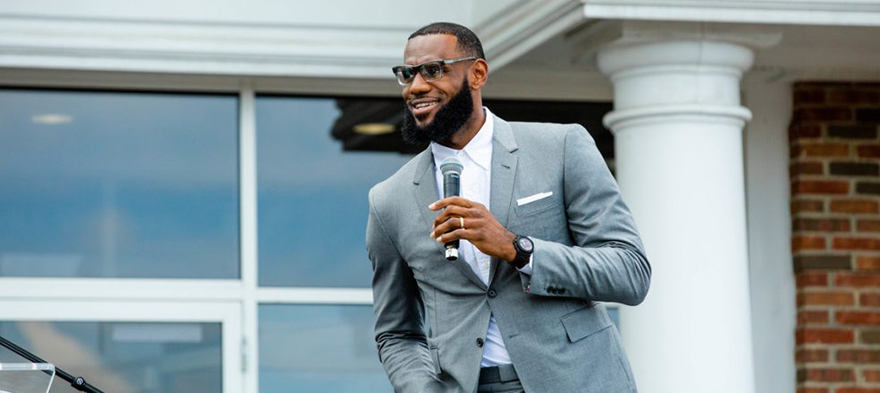
Aug 7, 2018 12:00:00 AM
by Colin Seale
Colin Seale is the founder/CEO of thinkLaw, an award-winning resource that helps educators teach critical thinking to all students using real-life legal cases and the president of the Charter School Association of Nevada. His new book Thinking Like a Lawyer: A Framework for Teaching Critical Thinking to All Students is out April 2020.
Few issues in education spark more tension and debate than standardized testing. Are they a tool for equity or a burden on students? A necessary check on school systems or a flawed measure of...
Charter schools are public schools with a purpose. Operating independently from traditional school districts, they're tuition-free, open to all students, and publicly funded—but with more flexibility...
Despite the benefits of a diverse teaching force, prospective teachers of color fall out of our leaky preparation pipeline at every stage: preparation, hiring, induction, and retention. Here’s what...
Ed Post is the flagship website platform of brightbeam, a 501(c3) network of education activists and influencers demanding a better education and a brighter future for every child.
© 2020-2025 brightbeam. All rights reserved.
Leave a Comment